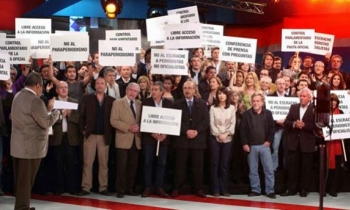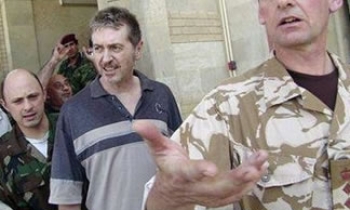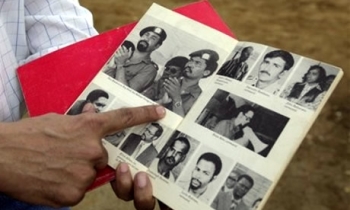As more women work as journalists, the number of women journalists being killed for their work is also rising rapidly. Of the 82 journalists killed worldwide in 2006, nine (11 per cent) were women. Nearly 13 per cent of the journalists killed in the course of their work in 2005 were women, Reporters sans Frontières (RSF) has said.

The proportion of women journalists killed, RSF pointed out, was never so high. In 2004, 7.5 per cent of the media workers killed were women, while in 2004, it was a minuscule 2.5 per cent. There is just one piece of good news in all these grim statistics – so far no woman journalist has been killed in 2007.
RSF said, “The most striking case is Russian journalist Anna Politkovskaya’s recent murder in Moscow. This mother of two paid with her life for her opposition to the government’s policies in Chechnya. We pay tribute to her and all the other women who go beyond the call of their journalistic duties to defend their right and the right of their fellow citizens to free expression.”
The former Soviet Union was tough for women journalists in 2006. Ogulsapar Muradova, Radio Free Europe’s correspondent in Turkmenistan, died in prison in September, probably as a result of blows she had received to the head. She was arrested in June after producing reports critical of the authorities and helping a French journalist make a TV documentary in Turkmenistan. In neighbouring Uzbekistan, journalist and human rights activist Umida Niyazova has been detained since January 22. She faces a possible sentence of 5-10 years in prison for circulating the accounts of victims of the 2005 crackdown in Andijan.
Women reporters have been among the victims of the violence by armed groups in Iraq. Atwar Bahjat of the Al-Arabiya TV station was killed after being abducted with her crew while covering the aftermath of the bombing of a Shiite shrine in Samarra in February 2006. Unusually in Iraq, her murderer was caught and sentenced to death a few months later.
Reem Zeid of another Iraqi television station, Sumariya TV, was abducted along with a colleague, Marwan Khazaal, on February 1, 2006. There has been no news of her since then. In all, eight women, including six foreign reporters, have been taken hostage in Iraq since the start of the war in March 2003. One, Iraqi news presenter Raeda Wazzan, was executed by her captors.

In Lebanon, LBC television star presenter May Chidiac was badly wounded and maimed by a bomb in September 2005. She went back to work after 10 months of treatment and rehabilitation.
Seven women journalists are currently in prison worldwide: Munusamy Parameshawary (Sri Lanka), Saidia Ahmed (Eritrea), Serkalem Fassil (Ethiopia), Rabiaa Abdul Wahab (Iraq), Umida Niyazova (Uzbekistan), Agnes Uwimana Nkusi (Rwanda), and Tatiana Mukakibibi (Rwanda). All are being held in connection with their work.
The publisher of three weeklies, Fassil was arrested in November 2005 along with her husband, who is also a journalist. She was pregnant at the time and gave birth to a baby in her cell last June. After keeping the baby with her for six months, she entrusted him to a relative and now rarely sees him.
Mukakibibi has been in prison for longer than any other woman journalist. Arrested in 1996, she is still awaiting trial. She is being held in a municipal prison in Gitarama, south of the Rwandan capital, where she continues to insist on her innocence and to demand justice.









